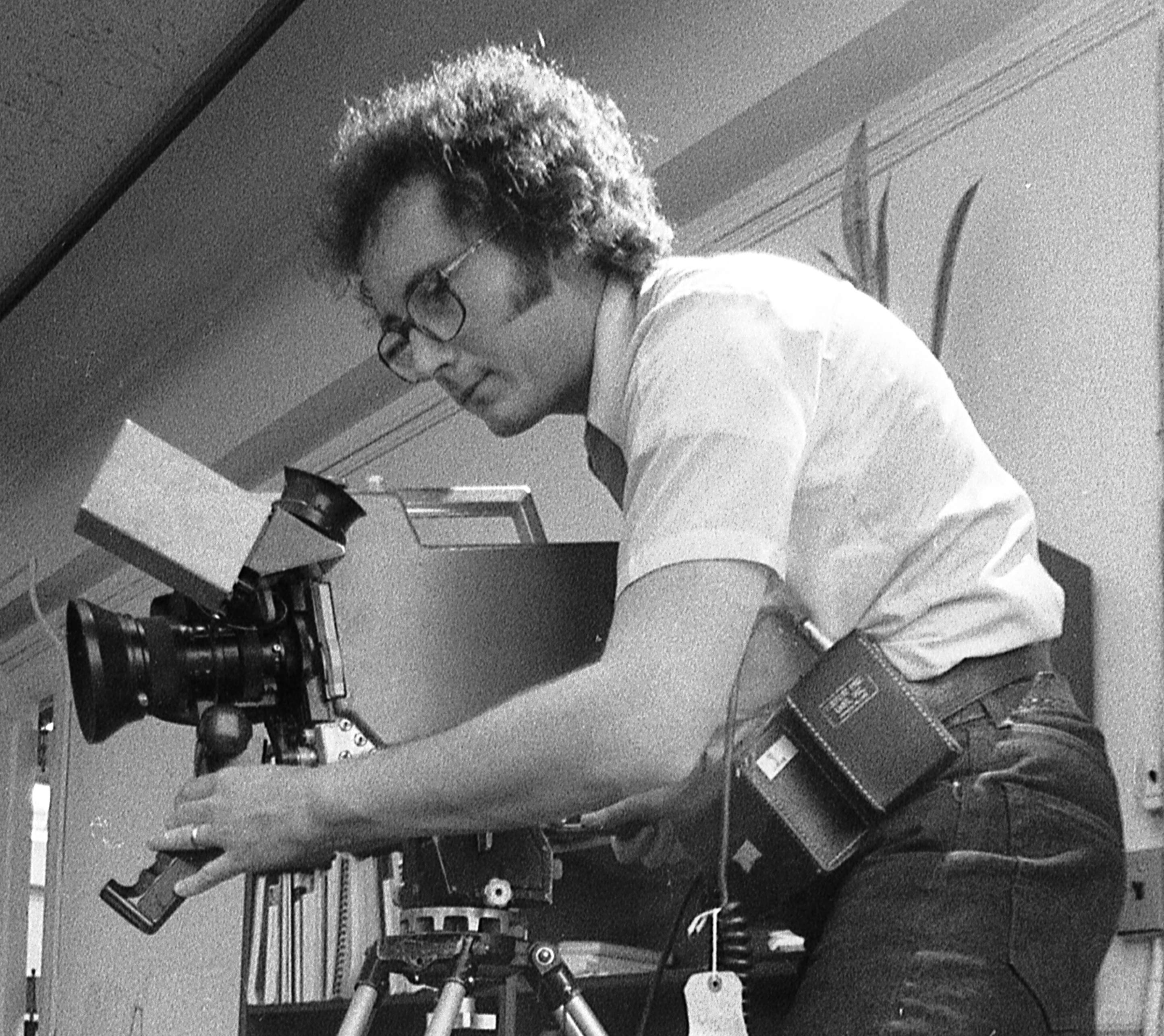Hollywood studios sue computer server operators
Several Hollywood movie studios have sued scores of computer operator servers that help relay digital movie files across online file-sharing networks. The copyright infringement suits expand on a new U.S. film-industry initiative whose first targets were individual file swappers, the Associated Press reported.
The defendants run servers that use BitTorrent, the program of choice for online sharers of large files. The file-sharing technology can slash the amount of time it takes to download a large digital file by allowing users to grab pieces of the file from hundreds of other users at once.
Unlike the widely used Kazaa file-sharing service, which connects individual users to each other directly, BitTorrent is hierarchical, relying on a handful of tech-savvy users to direct traffic on the networks.
The defendants have not been named. The suits, filed in the United States and Britain, targeted more than 100 server operators. The suits are aimed at computer servers that index movies for BitTorrent users. The MPAA however is also eyeing similar action against other servers as well. Sites like BitTorrent steadily gained in popularity after the recording industry began targeting users of Kazaa, Morpheus, Grokster and other established file-sharing software.
The suits follow the same logic employed when the recording industry sued the original Napster file-sharing network. The creators of that software used a central computer server to keep and update an index of what music computer users on the network were making files available.
Fred von Lohmann, an attorney with the Electronic Frontier Foundation in San Francisco, said with these lawsuits, the MPAA runs the risk of pushing the tens of millions of file sharers to more decentralized technologies that will be harder to police.
Another potential wrinkle is that many of the computer servers are offshore, outside the scope of U.S. copyright law.
The professional video industry's #1 source for news, trends and product and tech information. Sign up below.
Hollywood movie studios contend that unauthorized film trading online has the potential to threaten their industry, particularly as faster Internet access in homes makes the large movie files easier to download.
By comparison, music files are far smaller and swapped at greater volume.
Last month, the studios began suing computer users for swapping digitized films online for copyright infringement. The industry has also been a party to lawsuits against Kazaa, Morpheus and Grokster.
The industry has failed to persuade federal courts to shut down the services, and is awaiting a decision by the U.S. Supreme Court.
